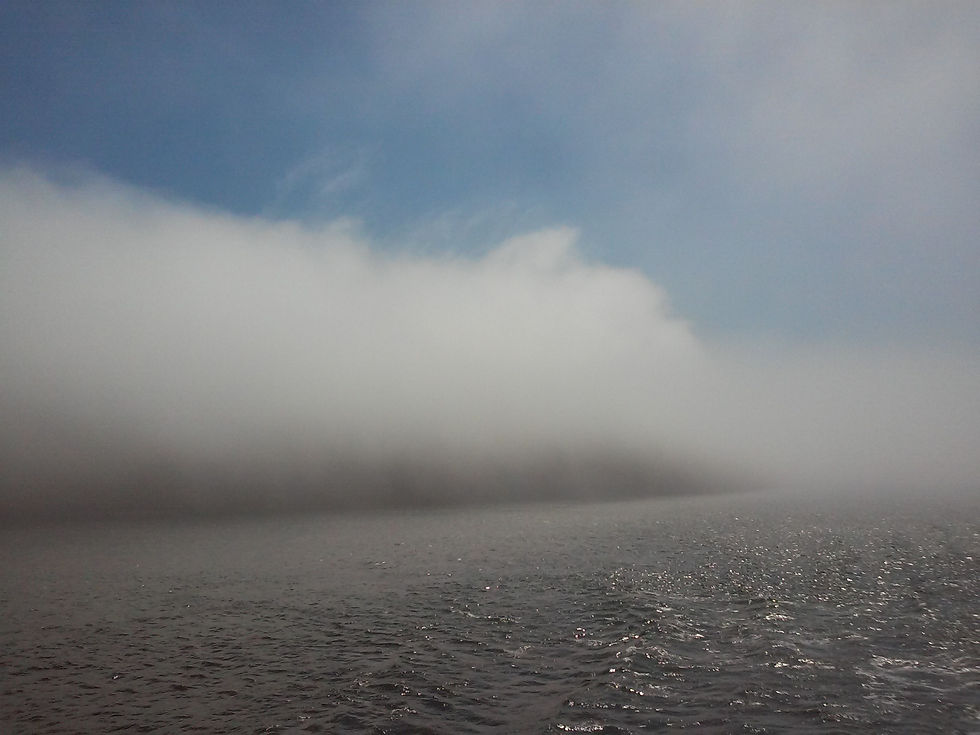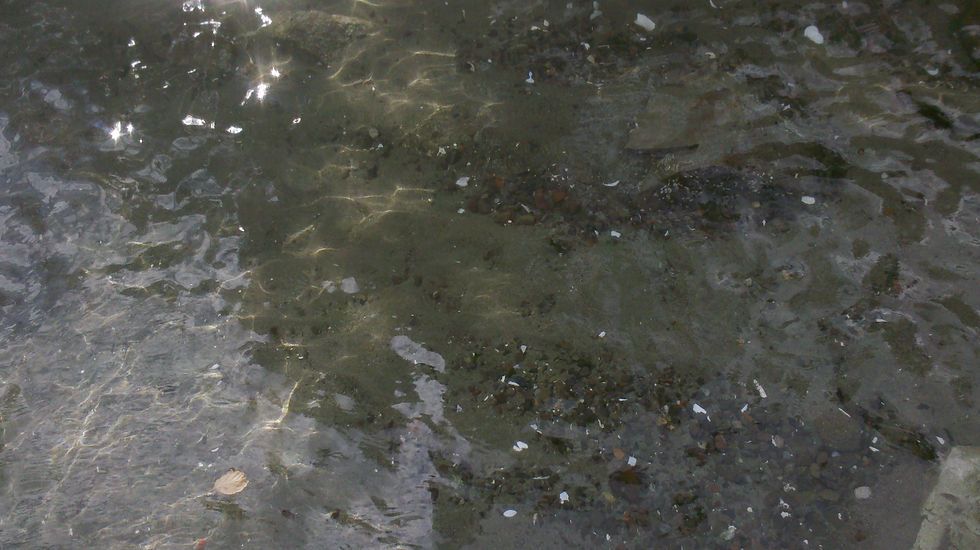
Mark Miller
Flute, Saxophone, Shakuhachi, Bass Clarinet, EWI

We are being as music. We are transforming our being into the sound of our being, and there's nobility in that, there's beauty in that, and there's integrity in that. I think it's the same for painters and poets. How do I share my flow, my being, as part of the world?
Art Lande
Being Music: The Art of Open Improvisation
Published by University Professors Press
Being Music does the impossible, which is to put into words how
improvisation (and the creative process) truly works. This book needs
to be in the libraries of music schools all over the world.
Ralph Alessi
ECM recording artist,and faculty, The New School, New York
This thoughtful book contains many strategies for approaching open improvisation and is
full of lots of insightful gems about the art of music as a life practice.
And it is a lovely chronicle of two special musical artists and their
extraordinary friendship.
Fred Hersch
jazz pianist and composer,
fifteen-time Grammy Award nominee
Regardless of where you are, or think you are, on your musical journey, Being Music is
a beautiful and insightful book...a reminder of the vital role music has in making sense of our
individual experience and relationships. Let this book take you into a
deep view of this process with two masters.
Scott Colley
bassist with Carmen McRae,Andrew Hill, Jim Hall, John Scofield, Herbie Hancock, Chris Potter,
Michael Brecker, and many others
Chapter 4
Flow
(excerpt)
Art has always been about devotion to the unknown.
—Joan Anderson (2020)
In improvisation we seek experience and insight into an area of musical
investigation. When we surrender fully to the inquiry, we’re in flow, a
state of oneness and complete absorption called samadhi in Buddhism
and Hinduism. Flow happens when we pay attention. Flow happens
when we’re present and available, and when we respond without
overthinking. Csikszentmihalyi (1991) describes flow as an optimal
experience in which
Concentration is so intense that there is no attention left over
to think about anything irrelevant, or to worry about
problems. Self-consciousness disappears and the sense of
time becomes distorted. An activity that produces such
experience is so gratifying that people are willing to do it for
its own sake, with little concern for what they will get out of
it, even when it is difficult, or dangerous. (p. 71)
Flow is not about technical perfection. You don’t have to be a virtuoso
to experience flow; just refrain from doing anything that interrupts the
flow. Flow is inhibited by a lack of commitment, by reluctance and
indecision. Flow is negated when we make creative choices out of pride
or insecurity. We lose track of flow when we are overly concerned
about outcome. When we make choices based on our devotion to the
music, our creative curiosity, and our support of the other musicians,
we can be in flow.
So [it] doesn’t matter what kind of work you are doing as an artist.
The most important [thing] is from which state of mind you are
doing what you are doing. Performance is all about state of mind.
—Marina Abramović (Akers, 2012)
In improvisation, flow happens when we abandon any thought of
how the music is supposed to go, any idea of what should or shouldn’t
happen, and instead direct our attention to what is. Flow is our natural
state unconditioned by our preferences and opinions. Flow is always
available to us. The question is, how available are we to let go and dive
in?
Art: We just want to let the music play. It isn’t ours. We don’t own it.
When the source says “Play dit-a-dut, dit-a-dut,” I do it, even if it’s weirdly
against what’s going on in the music. I’m not doing it to give you a
problem. I’m doing it because that’s the transmission from source, which
I trust because I don’t know what else to listen to. This is the connection
with the so-called spiritual, how you live. The music is always playing; you
can hear it and let it out. It’s in the air or in the room. It exists.
Order a copy and read more reviews here:
https://universityprofessorspress.com/product/being-music-the-art-of-open-improvisation/

Six Improvised Pieces
for
Solo Shakuhachi
Mark Miller, shakuhachi flute
Mark Miller/Art Lande Duo
Art Lande: piano, drums
Mark Miller: flute, alto flute, soprano & tenor saxophone, shakuhachi
Reviews
“A success of the highest order”
Cadence Magazine
There are various manners of integrating modern classical (some would say “European”) and contemporary improvisatory (some would say “American Jazz”) techniques. [World Without Cars] represents a success of the highest order. ...What makes a great piece of music is the unanalyzable property of containing all and only the right sounds at the right time. This characteristic is beautifully exemplified. ...The written-out compositions on World Without Cars would fit equally well in a classical recital format; they are elegant, tightly-constructed chamber works for flute or sax and piano. But there is also plenty of dazzling Jazz blowing here.... Though I mention [Samuel] Barber, I hesitate to compare Lande’s writing too closely to Barber’s (or Rorem’s), because I think Lande is a much more interesting composer. His pieces are more adventurous and make use of a greater diversity of rhythmic and harmonic means.
“A mesmerizing spiritual experience”
San Francisco Examiner
Lande and Miller have studied, performed and taught together for 20 years; they think and play with like minds. Their musical sound is not essentially jazz, since the fragments of melodic lines which provide the stepping- stones (as it were) along whose musical path the performance proceeds are more likely to remind the listener of, say, Schoenberg, Stockhausen or Cecil Taylor than Ellington, Monk or Miles Davis. But the Lande-Miller duos’sspirit and improvisations, based on charts, are definitely jazz. They play long suite-like works, weaving their sounds together through 20 to 30 minutes of playing. ...It’s weird and wonderful piano stuff, particularly in tandem with Miler’s alto flute or soprano sax expressions.Meters, rhythms, key signatures, gorgeous melodies (and chords) and spicy dissonances come and go, with Lande and Miller shifting the lead when the mood suits, modal style. Sunday’s Maybeck performance [was] a mesmerizing spiritual experience....

photo by Dana Walker, Ph.D.


The Nalanda Ensemble
Drawing inspiration from decades of experience in jazz, classical, and world music traditions, the Nalanda Ensemble specializes in improvisation- a celebration of embodied presence and spontaneous composition.
Elena Camerin Young: voice, singing bowls, percussion
Khabu Doug Young: guitar, gongs, percussion
Bill McCrossen: bass, ngoni, percussion
Mark Miller: flute, saxophone, shakuhachi, bass clarinet, EWI
Rehearsal recordings: Open improvisation
Photo by David Silver

Gigs


Mark Miller plays soprano and tenor saxophones, flute, bass clarinet and shakuhachi, the Japanese bamboo flute traditionally associated with Zen Buddhism.
He has performed and recorded with a variety of improvising artists including Art Lande, Tuck and Patti, David Darling, Paul McCandless, Valerie Carter, Native American flutist R. Carlos Nakai, Tibetan flutist Nawang Khechog, and poets Anne Waldman and Allen Ginsberg.
His recordings with pianist Art Lande include two albums of improvised duets, and "World Without Cars," named a top ten album of the year by Cadence Magazine. To date, he has recorded eight albums with pianist Peter Kater, including "Illumination," nominated for a Grammy Award in 2013.
Mark holds an M.F.A. degree in jazz performance from California Institute of the Arts and is currently Emeritus Professor of Music at Naropa University.
Photo by Jack Sasson